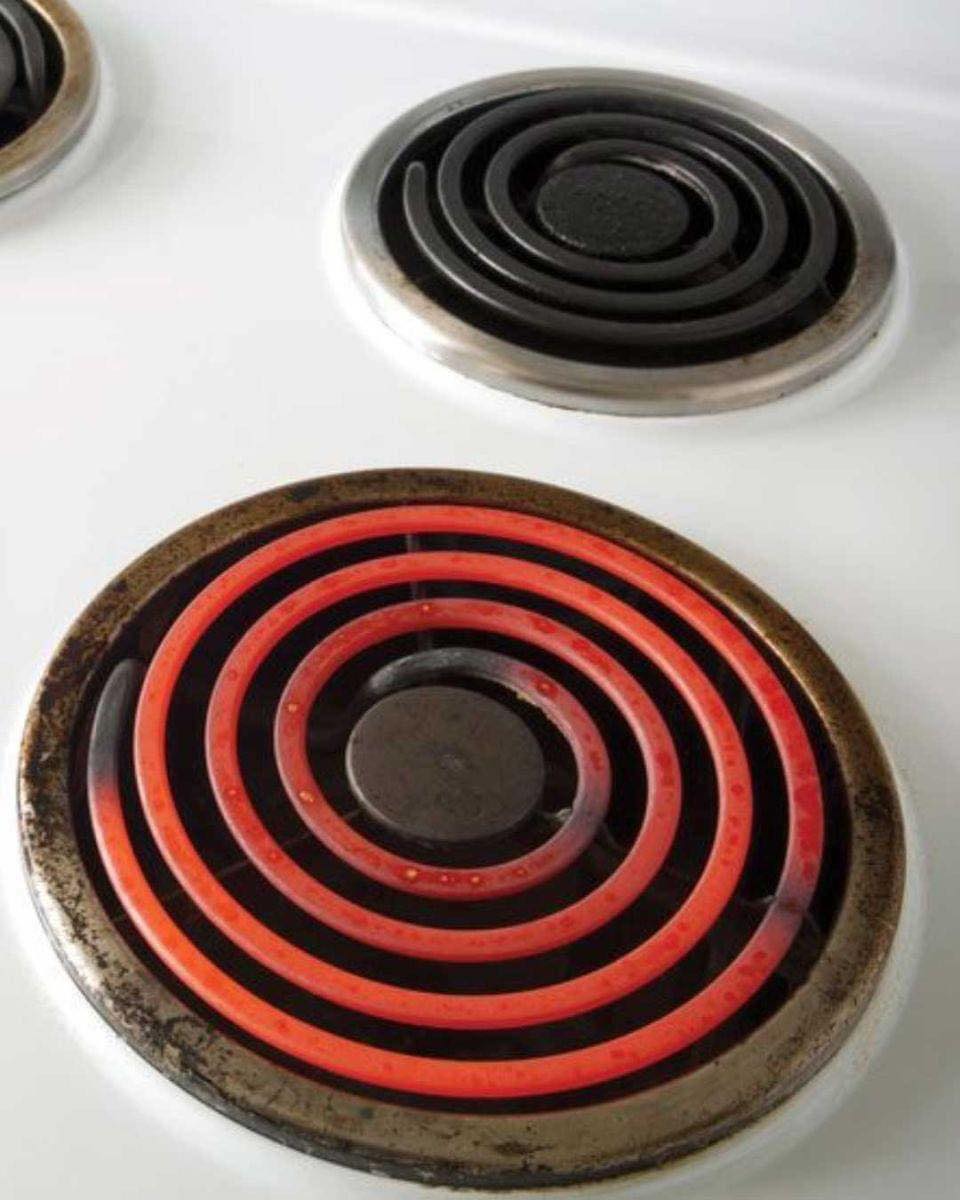The debate between gas stoves and electric stoves has been around for years. Many people lean towards what they grew up using, which makes sense—familiarity often drives our choices. But beyond the comfort of nostalgia, which type of stove actually performs better in the kitchen: gas or electric?

Factors to Consider
There’s no straightforward answer to this question because both gas and electric stoves have their own cooking styles. Your decision might come down to what you cook most often. Additionally, safety and utility costs are crucial factors to think about. Let’s dive into these considerations with a detailed breakdown below.
Gas Stoves: Cost-Effective in the Long Run
When you’re buying a new stove, it’s a significant investment. Comparing gas and electric stoves upfront can be tricky because of the varying price ranges. For instance, low-end electric stoves start around $650, while gas stoves begin at about $800. On the high end, electric stoves can reach up to $2,800, whereas top-tier gas stoves cap at around $2,300.
In the long term, gas stoves tend to be cheaper to operate because they usually have lower utility costs. Although utility rates vary, gas generally costs less than electricity. Choosing a gas stove could potentially save you 10-30% annually on your utility bills.
Electric Stoves: The Safer Option
When it comes to safety, electric stoves have the upper hand. Gas stoves have open flames, which can pose a hazard, especially in homes with children or pets. Items like tea towels or wooden spoons left near the flame could catch fire.
While electric stoves can still cause burns, the risk is generally lower. The flames on gas stoves indicate when they’re hot, but electric burners can remain hot without any visible signs. Still, electric stoves are less likely to cause accidents. Plus, they don’t emit gas, eliminating the risk of leaks.
Gas Stoves: Faster Cooking Times
One of the reasons gas stoves are favored by many restaurants is their quick heat-up time. They significantly reduce cooking times. Unlike electric stoves, which take longer to heat up, gas burners ignite instantly and start heating your pot or pan right away.
Electric Ovens: More Even Cooking
Electric ovens have the advantage of cooking more evenly compared to gas ovens. Gas ovens release moisture, resulting in a wetter heat, while electric ovens provide dry heat, which is ideal for roasting and baking. However, gas stoves might cook unevenly, so it’s important to place food away from the heat source and rotate it regularly.
Gas Stoves: Versatility in Cooking
Gas stoves offer a wider range of cooking techniques, such as flambéing, charring, and toasting—tasks that electric stoves struggle with. This versatility is why gas stoves are a favorite among professional chefs and dedicated home cooks.
Electric Stoves: Easier to Clean
When it comes to cleaning, electric stoves, especially those with flat tops, are much easier to maintain. A simple wipe with a damp sponge can usually take care of most messes. Even electric stoves with coil burners are manageable—just remove the burner, clean the plate underneath, and reattach it. The whole process takes just a few minutes.
On the other hand, gas stoves come with heavy, multi-part grates that need to be removed for cleaning. This can be time-consuming, and there’s always the risk of misplacing an important piece.
Conclusion
In the end, the choice between gas and electric stoves boils down to your cooking habits, safety concerns, and willingness to manage utility costs and cleaning efforts. Both types have their own advantages, so consider what’s most important to you in your kitchen before making a decision.
